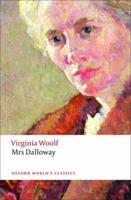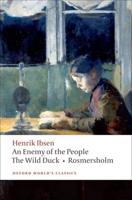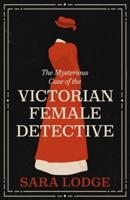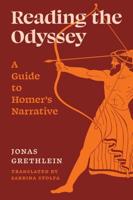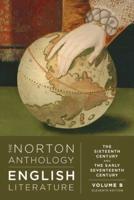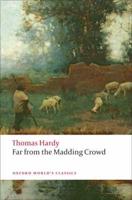Publisher's Synopsis
Samuel Maio's first poetry collection, "The Burning of Los Angeles", demonstrates impeccable prosodic skills. Invoking Nathaniel West, "whose visionary/ Foresaw the slow, smokeless burning of decay", Maio casts his own sardonic observations within neatly controlled lines and diction reminiscent of early Pound and Eliot. The poet's stance of an ironic observer, however, creates distance from the characters in his vignettes by the narrator's implied feelings of superiority. We enter a social milieu where lovemaking becomes a calculated form of narcissism, self-adoration on the make - a beautiful young woman undresses as "a wax model/ Self-sculptured and deftly rouged". In "The Real Thing" (ironic title, here) the couple is "conscious. . .of looking for the cameras". Looking through the lustful eyes of an ageing former beach surfer, at the Filipina whose "V" of long black hair "Points to the cleft showing above her bikini", we appreciate the details, but fail to care about the man. More poignant in its effect is "The Jack London Nuthouse", where the observer longs to "envision once more. . .The first time driving over the long bridge /A resplendent beauty awaiting him /Instead of the world's open nuthouse". The final section of the book, and the most autobiographical, draws the reader in completely. "Dark Woman Well" is a poem to be read with pounding heart. This remarkable memory/dream enacts a boy's ordeal of descent to hoist up a woman's corpse. This section, which comprises poems remembering the poet's father, and his unaffectedly skilled elegy for a writer friend, offers kinship to the reader as well.

